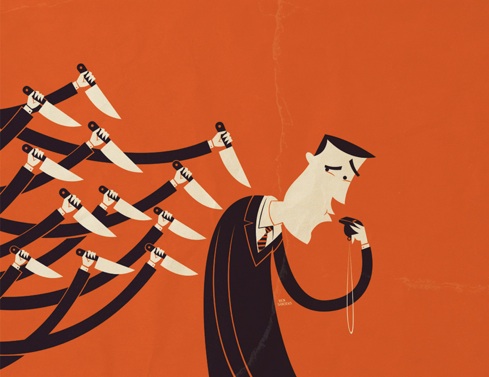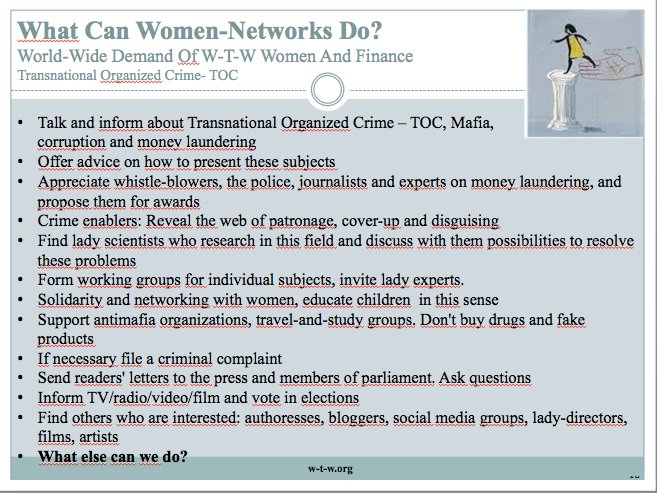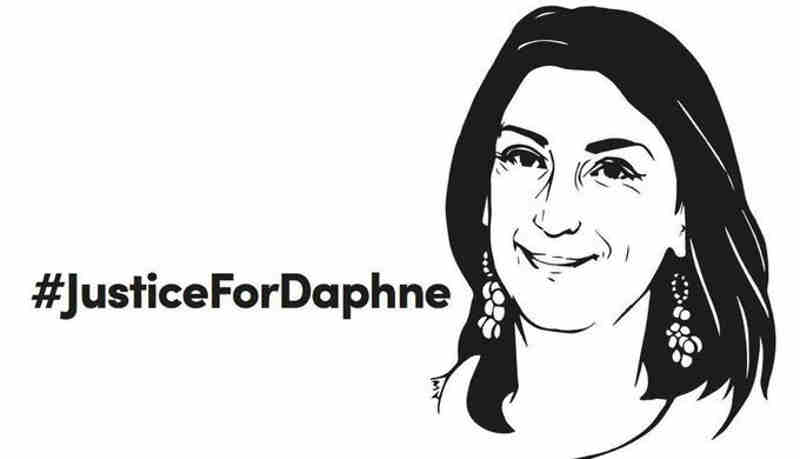One of Yahya Jammeh’s first diplomatic acts after seizing power in Gambia was to establish diplomatic ties with Taiwan.
The move was a clear-cut case of checkbook diplomacy, common in West Africa at the time, but it still rocked the boat in 1995. Gambia had violated Beijing’s golden rule of foreign policy – that all countries must see Taiwan as part of China.
The recognition ended up being worth millions for Jammeh.
He also amassed vast sums from business deals he struck with financiers of Hezbollah, a militant group based in Lebanon, which the United States has designated as a terrorist organization since 1997.
In Hezbollah, Jammeh found wealthy investors who needed to launder their money to get around international sanctions — and gave them access to his country’s economy in exchange for a cut of their business.
The two moves defined Jammeh’s approach to international relations. Throughout his 22 years in power, from 1994 to 2016, he often defied the foreign policies of global superpowers – sometimes on principle, sometimes to line his pockets…..– OCCRP













